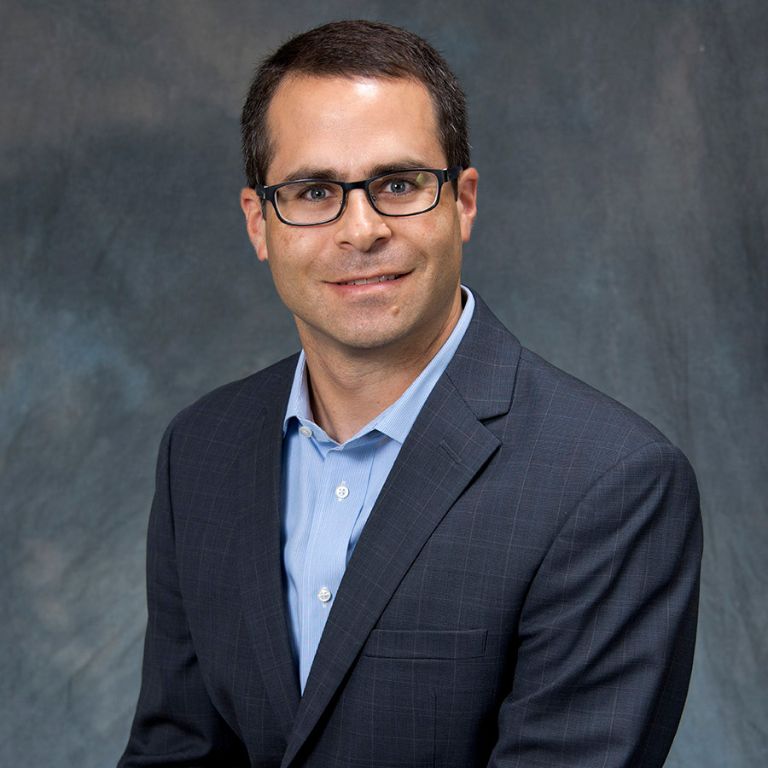Households of color continue to be affected at disproportionate rates during the COVID-19 pandemic, with utility disconnections, evictions and debt higher in their communities than in their white counterparts.
That's according to the latest data from the Indiana University O'Neill School of Public and Environmental Affairs, which surveyed more than 1,800 Americans at or below 200 percent of the federal poverty line.

The survey, conducted by professors Sanya Carley and David Konisky, is the second wave of the "Survey of Household Energy Insecurity in Time of COVID." The first batch of data, released in June, both highlighted and foreshadowed significant problems with vulnerable populations' ability to pay utility bills, put food on their tables and remain in their homes. Carley and Konisky hypothesized that the energy demands of summer heat would only exacerbate the problem.
The newest data, covering Aug. 4 to 20, confirms those suspicions.
Since June, 17 percent of surveyed respondents reported that they could not pay their energy bill, 11 percent had received a notice for utility disconnection, and 4 percent had been disconnected from the electric grid. These overall rates, however, disguise important disparities across low-income families.
"One in five Black households and nearly one-third of Hispanic households could not pay an energy bill during what was the second-hottest summer on record, yet only 12 percent of white households reported the same," Carley said. "This is a life-and-death problem for many, and urgent and continued assistance is desperately needed to mitigate the effects of this nationwide issue."
Furthering the problem is a discovery that only 38 percent of all respondents reported receiving a COVID-19 stimulus check from the federal government. Only 30 percent of Black and Hispanic households reported receiving a stimulus check.

"The very populations that the CARES Act was designed to help most often turn out to be the ones not getting financial relief from it in the first place," Konisky said. "Combine that with expired government protections like utility disconnection moratoriums, and you've got a major problem."
Other findings from the August respondents include:
- Nineteen percent had to forgo expenses for basic household needs such as medicine or food to pay an energy bill.
- Households at or below 100 percent of the federal poverty level were three times more likely to receive a disconnection notice and eventually have their utility service disconnected than households between 150 and 200 percent of the federal poverty level.
- Thirty-seven percent reported having a utility debt, with 19 percent owing more than $100.
- About a quarter of respondents said that since June, they had either lost their jobs (8 percent), had hours reduced (10 percent) or were furloughed without pay (5 percent) because of the pandemic.
- Seven percent had been evicted.
- Four percent had lost health insurance since June, and 3 percent had health insurance benefits reduced. Twenty-four percent didn't previously have insurance.
A report with more findings is available from the O'Neill School.
Funding for this research was provided by the National Science Foundation, the Alfred P. Sloan Foundation, the IU Environmental Resilience Institute and the IU Office of the Vice President for Research.
IU Research
IU's world-class researchers have driven innovation and creative initiatives that matter for 200 years. From curing testicular cancer to collaborating with NASA to search for life on Mars, IU has earned its reputation as a world-class research institution. Supported by $854 million last year from our partners, IU researchers are building collaborations and uncovering new solutions that improve lives in Indiana and around the globe.
COVID-19 resources for journalists
Looking for more Indiana University expertise related to the novel coronavirus? Find the latest list of IU scientists, researchers and clinicians who are available to discuss a wide range of topics, such as COVID-19's impacts on our physical and mental health, the economy, politics, globalization, and more. This resource is updated as we identify more experts to share with the media.






